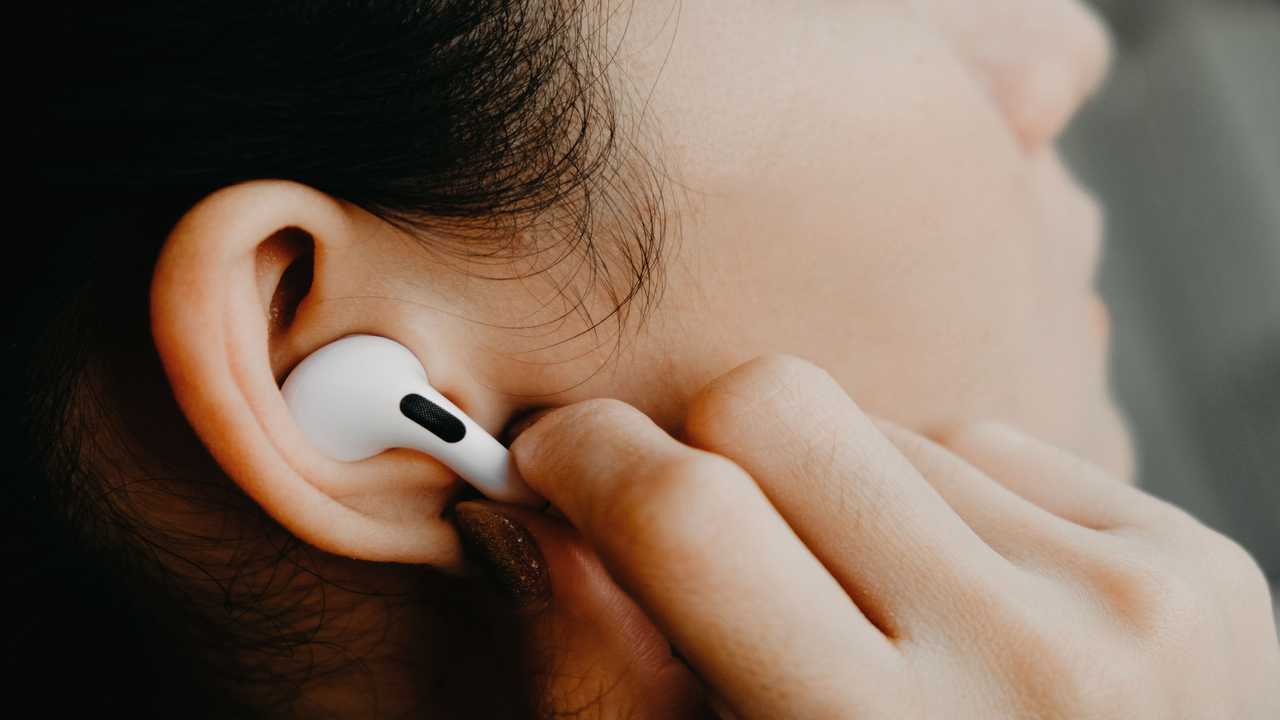
Apple’s AirPods, as we note in both our Apple AirPods review and Apple AirPods Pro review, are deservedly popular due to how brilliantly they work with the iPhone, iPad and Mac. But Apple is reportedly investigating how future versions of the true wireless earphones could help out in the health and wellbeing space too.
According to the Wall Street Journal’s sources, future AirPods could function as hearing aids, use motion sensors to detect when you’re slouching or even bundle in a thermometer to ensure your temperature is within normal levels.
- The best wireless earbuds for all budgets
- These are the best noise cancelling headphones
To be clear, this isn’t something to expect with Apple AirPods 3. In fact, the Journal says that these features won’t even be in 2022 products, and there’s a chance that they may never be for public consumption at all.
An Apple a day keeps the doctor away
Despite this, the direction of travel for Apple remains interesting, and the company clearly believes that health tracking and guidance are areas where consumer technology can really excel. Obviously we’ve already seen this with past Apple Watches, which have introduced checks for things like atrial fibrillation and can even detect when you’ve fallen and may need assistance.
The next generation of Apple Watch is set to double down on these sensors, with Apple named as the biggest client for UK medical sensor firm Rockley Photonics. The firm develops sensors that can non-invasively track everything from lactate to alcohol levels, and the firm’s CEO said that such sensors could be in consumer products next year (although pointedly refused to mention Apple as a client).
And such health metrics needn’t just be for products with constant skin contact. Back in September, the Wall Street Journal reported that Apple is experimenting with ways of monitoring mental health by the way people use their iPhone. Everything from cognitive decline to depression could be detected, the report reckons, which could alert users allowing them to seek medical help.
Like the AirPod health sensors, these things may never emerge in a commercially available product. But this continued line of R&D certainly points to a company philosophy that views using tech for health tracking as more than just a passing fad.
Get all the latest news, reviews, deals and buying guides on gorgeous tech, home and active products from the T3 experts